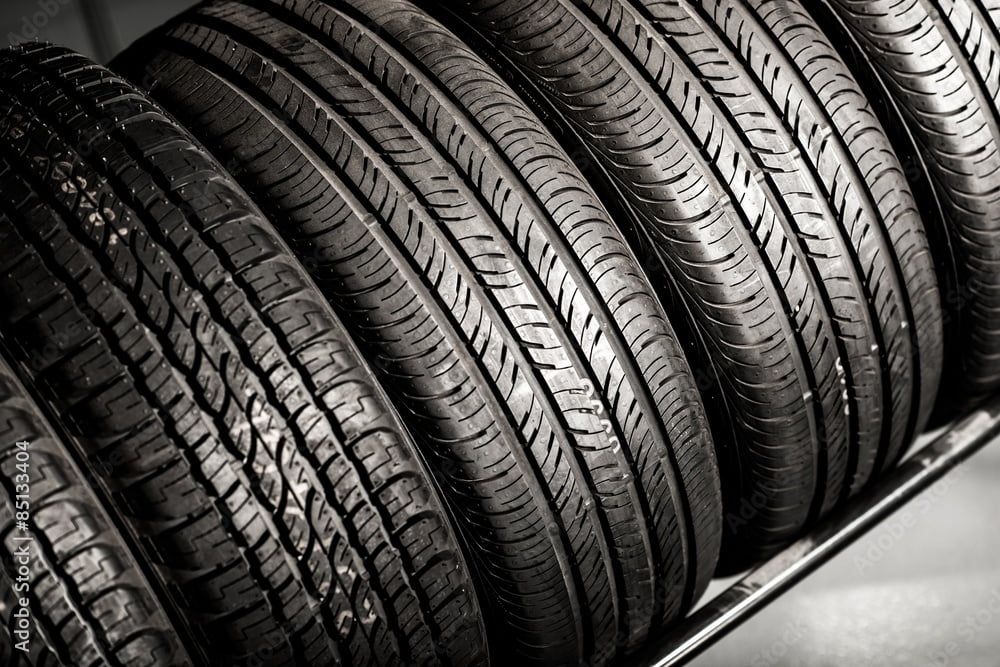What’s The Difference Between All-Season And All-Weather Tires?
All-season tires are typically considered to be general-purpose tires that are meant for a wide range of driving conditions. They are designed to work in all seasons except for winter. All-weather tires, on the other hand, are designed for more specific features, such as winter and summertime driving, and are designed to withstand extreme elements, such as snow and ice. However, you should use them only when necessary. They will wear out faster than other types of tires.
Are All-Weather Tires Better Than All-Season Tires?
When it comes to the question of whether or not an all-weather tire can replace an all-season tire, there are a few things that must be taken into consideration. In most cases, there isn’t a need to make a switch, as changing from an all-season to an all-weather will usually result in some sort of compromise.
A good example of this would be heading out into the winter with a set of summer tires on your car. Not only will they not insulate you well against the cold, but they also won’t grip well on ice and snow-covered roads either.
This depends entirely on what you need from your tire and what you’re willing to pay for it. Many people will argue that all-weather tires improve gas mileage, handling, and wear resistance while saving you money in the long run, while others might say that they’re not worth the spare change given their limited use in some weather extremes.
How Do You Know If A Tire Is An All-Weather Tire?
You can tell if a tire is an all-weather model by looking at the sidewalls and tread pattern. Tires that are meant to perform well in all different types of conditions usually have a “multi-season” or “all-season” label on their packaging. You should check the tire’s packaging for this information. Also, you’ll see that the sidewall of the tire has an icy tread pattern and a snowflake symbol, which is an international symbol for all-weather tires.
All-weather tires, like all-season tires, have tread patterns that provide traction on snow and ice, as well as in the rain, thorny terrain, and light dust. The main difference is whether the tire features a winter or all-weather tread pattern.
Can You Use All-Weather Tires In The Summer?
All-weather tires are not ideal for summertime driving because they do not work well in warm temperatures. However, all-weather tires can be used on dry roads, even when it is hot outside, as long as you don’t drive faster than 80 miles per hour. It is important to keep in mind that the tread pattern can make the tire slippery at high speeds.
In addition to this, all-weather tires have less tread and will wear out more quickly than regular all-season tires. All-season tires are designed to perform well in various weather conditions, such as rain and snow.
Tires with a winter tread pattern will only be suitable for cold weather; they won’t last well in warm weather situations, where temperatures can reach into the triple digits in the summer months. It might be better to stick to an all-season tire for summertime driving than to use a tire not designed for that type of driving environment.
Is The Price Different Between All-Season Tires And Weather-Season Tires?
The MSRP of both types of tires is about the same similar. On average, all-weather tires cost $20 to $100 more than a comparable set of all-season tires, depending on the brand. However, all-weather tires will wear out and require replacement more quickly than all-season tires. All-season tires are available at a wide range of price points, making them an affordable option for most drivers.
Because all-weather tires are designed to be used during only certain types of driving situations, they are not ideal for use year-round. If you need a tire that has a tread pattern for all seasons, you can expect to pay more than you would for a regular all-season tire.
All-weather tires are made from materials that have been reinforced to make them more resilient against extreme temperatures and elements. All weather tires Canada should perform well in rain and snow and on dry roads. However, this does not mean that these kinds of tires should be used on dry roads when it is hot outside. Doing so might damage your car.
The Bottom Line
To decide whether you should buy all-season or all-weather tires, consider each type of tire’s features. An all-weather tire will suit your driving environment, but an all-season tire can last longer and perform much better in various weather conditions. If you are just looking for winter tires, pay close attention to the tread pattern, as this can determine how well the tire grips in wet weather.
If it is possible to drive on dry roads without risking a flat, opt for an all-season tire. Consider how much money you want to spend on your tires and compare the price of different types of tires with those features that you want in mind.



